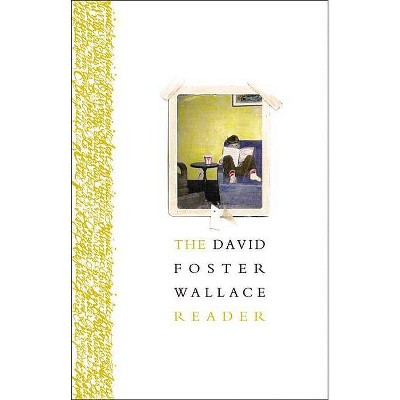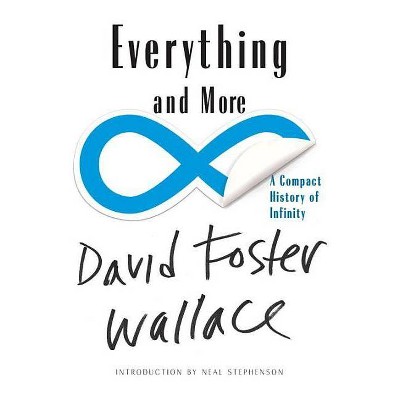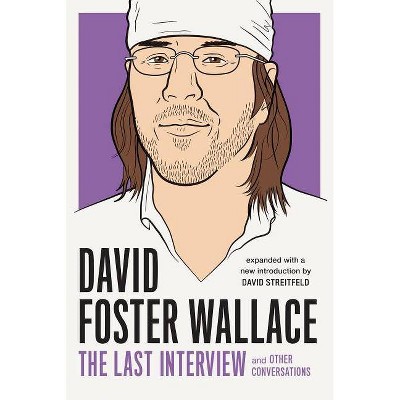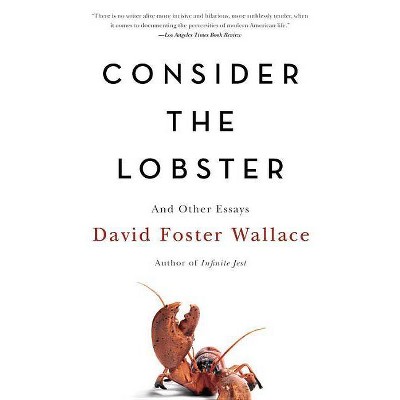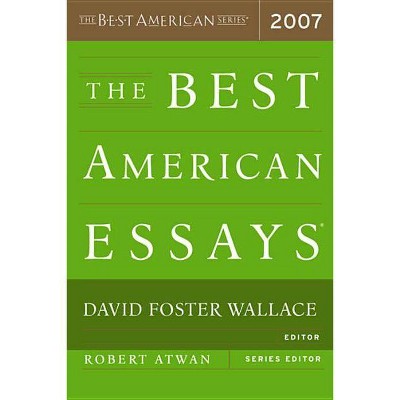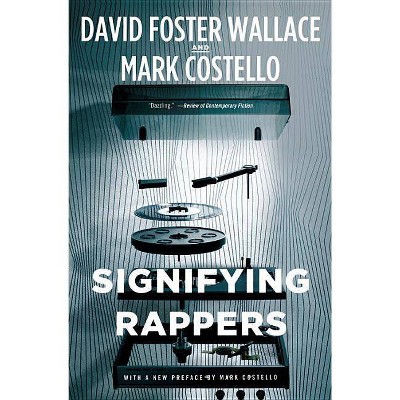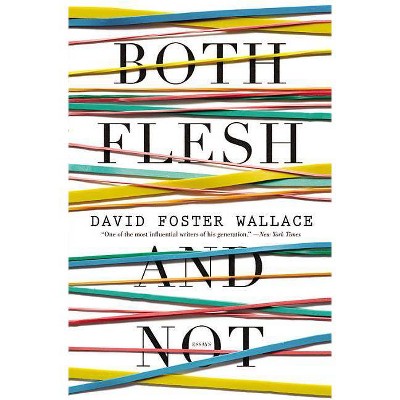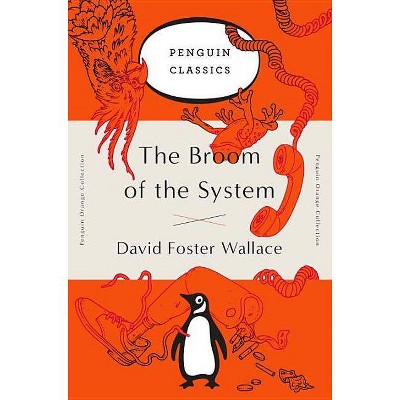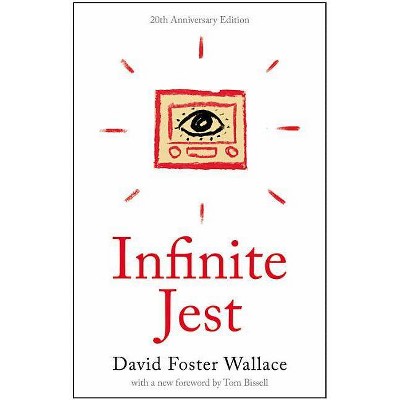The Unspeakable Failures of David Foster Wallace - by Clare Hayes-Brady (Paperback)
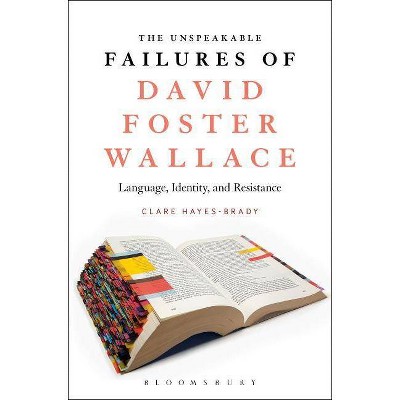
Similar Products
Products of same category from the store
AllProduct info
<p/><br></br><p><b> Book Synopsis </b></p></br></br>This book examines the writing of David Foster Wallace, hailed as the voice of a generation on his death. Critics have identified horror of solipsism, obsession with sincerity and a corresponding ambivalence regarding postmodern irony, and detailed attention to contemporary culture as the central elements of Wallace's writing. Clare Hayes-Brady draws on the evolving discourses of Wallace studies, focusing on the unifying anti-teleology of his writing, arguing that that position is a fundamentally political response to the condition of neo-liberal America. <br/><br/>She argues that Wallace's work is most unified by its resistance to closure, which pervades the structural, narrative and stylistic elements of his writing. Taking a broadly thematic approach to the numerous types of 'failure', or lack of completion, visible throughout his work, the book offers a framework within which to read Wallace's work as a coherent whole, rather than split along the lines of fiction <i>versus </i>non-fiction, or pre- and post-<i>Infinite Jest</i>, two critical positions that have become dominant over the last five years. While demonstrating the centrality of 'failure', the book also explores Wallace's approach to sincere communication as a recurring response to what he saw as the inane, self-absorbed commodification of language and society, along with less explored themes such as gender, naming and heroism. <br/><br/>Situating Wallace as both a product of his time and an artist<i> sui generis</i>, Hayes-Brady details his abiding interest in philosophy, language and the struggle for an authentic self in late-twentieth-century America.<p/><br></br><p><b> Review Quotes </b></p></br></br><br>As the field of Wallace Studies matures, it has become a challenging task to outline a framework through which the entire subject of Wallace can be fruitfully viewed; yet, in this publication, Clare Hayes-Brady does just that. ... Hayes-Brady establishes a theoretical framework that can be used as a foundational approach for critical work on Wallace, proposing that failure and inexpressibility, in various forms, are the organizing principles of Wallace's work. This framework elegantly accounts for previous trends in Wallace scholarship that have focused on Wallace's preoccupations with connection, sincerity, solipsism, and his relation to postmodernism. ... For anyone interested in dwelling on what Wallace's writing does, or negotiating the inexpressible in contemporary literature, this book offers an excellent way of thinking through what it means to fail.<br/>U.S. Studies Online<br><br>Can the writing of David Foster Wallace, which has met with such critical and commercial success, best be described in terms of failure? Clare Hayes-Brady answers a provocative 'yes' to this question, tracing how acts of frustrated communication in Wallace's fiction generate an endless need to try and fail again. The book also draws attention to Wallace's less productive failures with regard to gender, race, and the body. These provocations make <i>The Unspeakable Failures of David Foster Wallace</i> a welcome contribution to a vibrant critical debate.<br/>Adam Kelly, Lecturer in American Literature, University of York, UK, and author of American Fiction in Transition<br><br>Hayes-Brady is deft in identifying the recurring concerns which run, sometimes obsessively, throughout [Wallace's] writing ... She moves freely between texts, drawing examples from across his work in the development of a wide-ranging perspective on these key ideas ... Perhaps the book's most significant contribution is found in its final chapter on 'Gender, Difference, and the Body'.<br/>Textual Practice<br><p/><br></br><p><b> About the Author </b></p></br></br><b>Clare Hayes-Brady </b>is Lecturer in American Literature at University College Dublin, Ireland.
Price History
Price Archive shows prices from various stores, lets you see history and find the cheapest. There is no actual sale on the website. For all support, inquiry and suggestion messagescommunication@pricearchive.us
